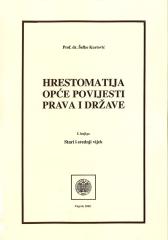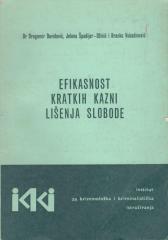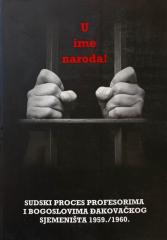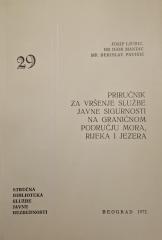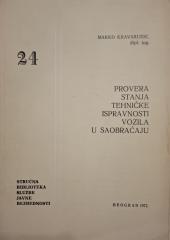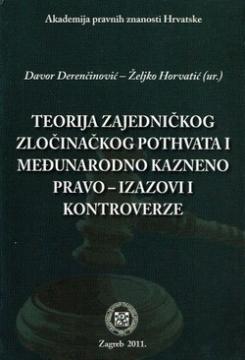
Teorija zajedničkog zločinačkog pothvata i međunarodno kazneno pravo-izazovi i kontroverze
Joint Criminal Enterprise (JCE) ist eine Rechtslehre, die bei Kriegsverbrecherprozessen verwendet wird, um Gruppenmitgliedern die strafrechtliche Verfolgung von Gruppentaten zu ermöglichen.
Die gemeinsame kriminelle Unternehmung war zum Zeitpunkt der Begehung der den Angeklagten zur Last gelegten Straftaten kein Bestandteil des Völkergewohnheitsrechts.
Eine gemeinschaftliche kriminelle Unternehmung verstößt gegen das Schuldprinzip als eines der Grundprinzipien des modernen Strafrechts.
Durch die gefährliche Ausweitung der Verantwortlichkeitselemente kommt ein gemeinsames kriminelles Unternehmen einer Schuld durch Vereinigung sehr nahe, was im Statut des ICTY nicht vorgesehen ist.
Die Ableitung einer Schlussfolgerung über das Vorliegen der Absicht des Angeklagten aus objektiven Umständen (Inferenz) in der zweiten und dritten Kategorie der gemeinsamen kriminellen Unternehmung ist unter dem Gesichtspunkt der Wahrung des Grundsatzes der Unschuldsvermutung des Angeklagten, der u. a Dinge, ist in Artikel 21/3 der Satzung des ICTY vorgeschrieben.
Die gerichtliche Praxis des ICTY in Bezug auf die Anwendung der Theorie des gemeinschaftlichen kriminellen Unternehmens und der Bestimmungen des Statuts, in denen diese Theorie angeblich enthalten ist, ist nicht einzigartig und widerspricht den Grundsätzen der Rechtssicherheit und Fairness.
Die flächendeckende Anwendung der Theorie der gemeinschaftlichen kriminellen Unternehmung auf die gesamten politischen und militärischen Strukturen des Staates und anderer „bekannter und unbekannter“ Personen genügt nicht dem Erfordernis einer präzisen Anklage und kann den Eindruck einer „politischen Einflussnahme“ erwecken Internationale Strafjustiz.
Breit angelegte, auf der Theorie der kriminellen Unternehmung beruhende Anklagen, die „kollektive“ Anschuldigungen nicht nur gegen Personen enthalten, gegen die ein Strafverfahren eingeleitet wurde, sondern gegen ganze staatliche und militärische Strukturen sowie „bekannte und unbekannte Personen“, die die Strafverfolgung drohen Grundlagen und Betrieb des ICTY.
Die Glaubwürdigkeit der Theorie der gemeinschaftlichen kriminellen Unternehmung in Verfahren vor internationalen Strafgerichtshöfen birgt die Gefahr einer noch weiter verbreiteten und einschneidenderen Anwendung dieser Theorie in Verfahren vor nationalen Gerichten. Die Anwendung dieser Theorie untergräbt das moderne Strafrecht, das auf traditionellen Prinzipien und Rechtsdogmatik basiert.
Eine weit verbreitete Anwendung der Theorie des gemeinsamen kriminellen Unternehmens wird negative Auswirkungen auf den Prozess der Bestätigung des internationalen Strafrechts und der internationalen Gerechtigkeit haben.
In der Praxis internationaler Strafgerichte sollte die Theorie der gemeinschaftlichen kriminellen Unternehmung durch andere etablierte Institute persönlicher strafrechtlicher Verantwortung wie Mittäterschaft und indirekte Schuld ersetzt werden.
Angeboten wird ein Exemplar

